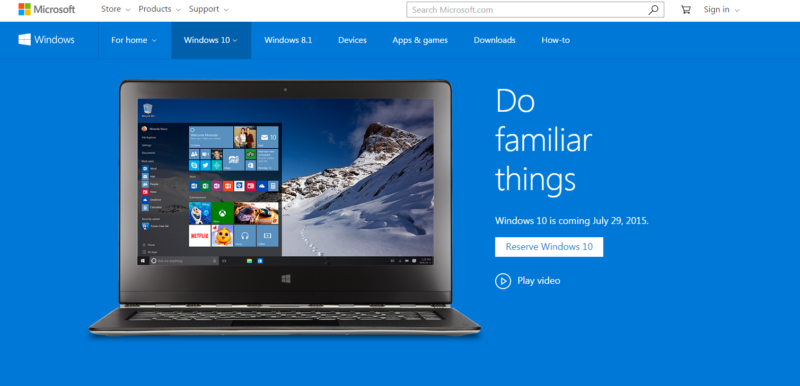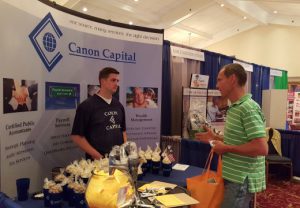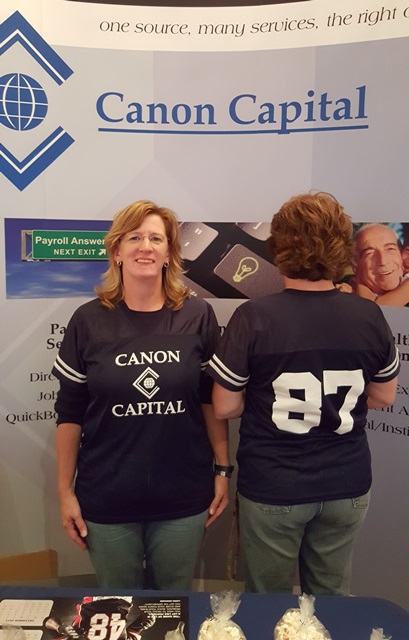
Every year, the Trustees of the Social Security and Medicare trust funds release reports to Congress on the current financial condition and projected financial outlook of these programs. The 2015 reports, released on July 22, 2015, show that, despite some encouraging signs, both programs continue to face financial challenges that should be addressed as soon as possible, with the Disability Insurance Trust Fund needing the most urgent attention.
What are the Social Security trust funds?
The Social Security program consists of two parts. Retired workers, their families, and survivors of workers receive monthly benefits under the Old-Age and Survivors Insurance (OASI) program; disabled workers and their families receive monthly benefits under the Disability Insurance (DI) program. The combined programs are referred to as OASDI. Each program has a financial account (a trust fund) that holds the Social Security payroll taxes that are collected to pay Social Security benefits. Other income (reimbursements from the General Fund of the Treasury and income tax revenue from benefit taxation) is also deposited in these accounts. Money that is not needed in the current year to pay benefits and administrative costs is invested (by law) in special Treasury bonds that are guaranteed by the U.S. government and earn interest. As a result, the Social Security trust funds have built up reserves that can be used to cover benefit obligations if payroll tax income is insufficient to pay full benefits.
(Note that the Trustees provide certain projections based on the combined OASI and DI (OASDI) trust funds. However, these projections are theoretical, because the trusts are separate, and one program’s taxes and reserves cannot be used to fund the other program.)
Trustees report highlights: Social Security
- The combined trust fund reserves (OASDI) are still increasing and will continue to do so through 2019 (asset reserves increased by $25 billion in 2014, with year-end reserves totalling $2.8 trillion). Not until 2020, when annual program costs are projected to exceed total income, will the U.S. Treasury need to start withdrawing from the reserves to help pay benefits. Absent congressional action, the combined trust fund reserves will be depleted in 2034, one year later than projected in last year’s report.
- Once the combined trust fund reserves are depleted, payroll tax revenue alone should still be sufficient to pay about 79% of scheduled benefits in 2034, with the percentage falling gradually to 73% by 2089. This means that 20 years from now, if no changes are made, beneficiaries could receive a benefit that is about 20% less than expected.
- The OASI Trust Fund, when considered separately, is projected to be depleted in 2035 (one year later than projected in last year’s report). At that time, payroll tax revenue alone would be sufficient to pay 77% of scheduled OASI benefits.
- The DI Trust Fund is in worse shape and will be depleted in late 2016 (the same as projected last year). The Trustees noted that the DI Trust Fund “now faces an urgent threat of reserve depletion, requiring prompt corrective action by lawmakers if suddent reductions or interruptions in benefit payments are to be avoided.” Once the DI Trust Fund is depleted, payroll tax revenue alone would be sufficient to pay just 81% of scheduled benefits.
- Based on the “intermediate” assumptions in this year’s Trustee’s report, the Social Security Administration is projecting that there will be no cost-of-living adjustment (COLA) for calendar year 2016.
What are the Medicare trust funds?
There are two Medicare trust funds. The Hospital Insurance (HI) Trust Fund pays for inpatient and hospital care (Medicare Part A costs). The Supplementary Medical Insurance (SMI) Trust Fund comprises two separate accounts, one covering Medicare Part B (which helps pay for physician and outpatient costs) and one covering Medicare Part D (which helps cover the prescription drug benefit).
Trustees report highlights: Medicare
- Annual costs for the Medicare program have exceeded tax income annually since 2008, and will continue to do so this year and next, before turning positive for four years (2017-2020) and then turning negative again in 2021.
- The HI Trust Fund is projected to be depleted in 2030 (unchanged from last year, but with an improved long-term outlook from last year’s report). Once the HI Trust Fund is depleted, tax and premium income would still cover 86% of program costs under current law. The Centers for Medicare & Medicaid Services (CMS) has noted that, under this year’s projection, the HI Trust Fund will remain solvent 13 years longer than the Trustees predicted in 2009, before passage of the Affordable Care Act.
- Due to increasing costs, a Part B premium increase is likely in 2016. However, about 70% of Medicare beneficiaries will escape the increase because of a so-called “hold harmless” provision in the law that prohibits a premium increase for certain beneficiaries if there is no corresponding cost-of-living increase in Social Security benefits. If there is no COLA for 2016, the increased costs may be passed alng only to the remaining 30% not eligible for this hold-harmless provision – generally, new enrollees, wealthier beneficiaries, and those who choose not to have their premiums deducted from their Social Security benefit. If so, these individuals could see the base premium rise to $159.30 in 2016, up sharply from $104.90 in 2015.
Why are Social Security and Medicare facing financial challenges?
Social Security and Medicare accounted for 42% of federal program expenditures in fiscal year 2014. These programs are funded primarily through the collection of payroll taxes. Partly because of demographics and partly because of economic factors, fewer workers are paying into Social Security and Medicare than in the past, resulting in decreasing income from the payroll tax. The strain on ths trust funds is also worsening as large numbers of baby boomers reach retirement age, Americans live longer, and health-care costs rise.
What is being done to address these challenges?
Both reports urge Congress to address the financial challenges facing these programs in the near future, so that solutions will be less drastic and may be implemented gradually, lessening the impact on the public. As the Social Security Board of Trustees report states, “Social Security’s and Medicare’s projected long-range costs are not sustainable with currently scheduled financing and will require legislative action to avoid disruptive consequences for beneficiaries and taxpayers.”
Some long-term Social Security reform proposals on the table are:
- Raising the current Social Security payroll tax rate (according to this year’s report, an immediate and permanent payroll tax increase of 2.62 percentage points would be necessary to address the revenue shortfall)
- Raising the ceiling on wages currently subject to Social Security payroll taxes ($118,500 in 2015)
- Raising the full retirement age beyond the currently scheduled age of 67 (for anyone born in 1960 or later)
- Reducing future benefits, especially for wealthier beneficiaries
- Changing the benefit formula that is used to calculate benefits
- Changing how the annual cost-of-living adjustment for benefits is calculated
Regardless of the long-term solutions, Congress needs to act quickly to address the DI program’s imminent reserve depletion. According to this year’s report, in the short term, lawmakers may reaollocate the payroll tax rate between OASI and DI (as they did in 1994). However, this may only serve to delay DI and OASI reforms.
You can view a combined summary of the 2015 Social Security and Medicare Trustees reports here, where you can also access a full copy of the Social Security report. You can find the full Medicare report here.
Our Wealth Management team is glad to answer any questions you may have about these reports. Call 215-723-4881 or contact us here.
IMPORTANT DISCLOSURES
Broadridge Investor Communication Solutions, Inc. does not provide investment, tax, or legal advice. The information presented here is not specific to any individual’s personal circumstances.
To the extent that this material concerns tax matters, it is not intended or written to be used, and cannot be used, by a taxpayer for the purpose of avoiding penalties that may be imposed by law. Each taxpayer should seek independent advice from a tax professional based on his or her individual circumstances.
These materials are provided for general information and educational purposes based upon publicly available information from sources believed to be reliable – we cannot assure the accuracy or completeness of these materials. The information in these materials may change at any time and without notice.
Prepared by Broadridge Investor Communications Solutions, Inc. Copyright 2015














